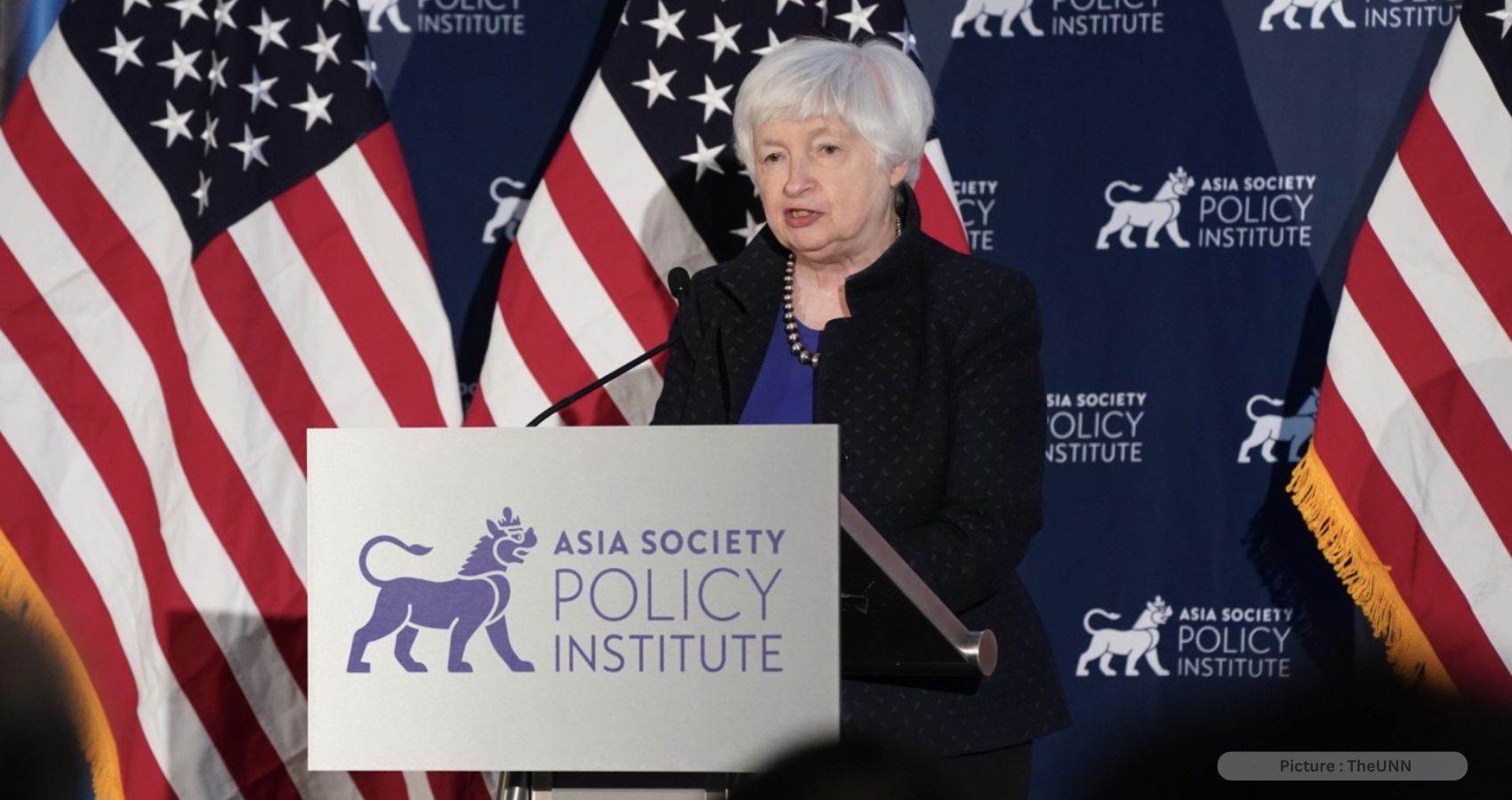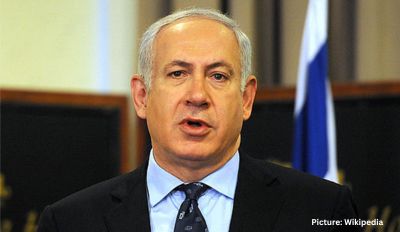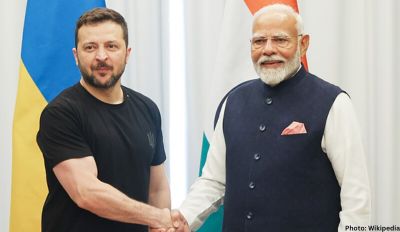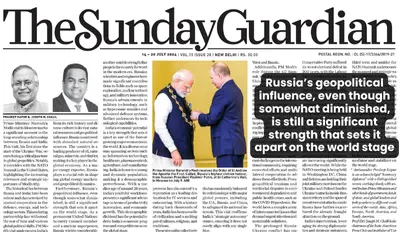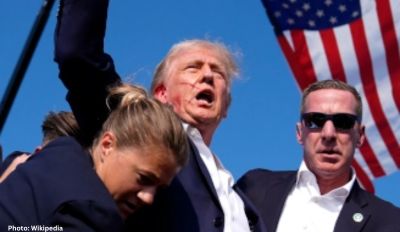The Asia Society Policy Institute(ASPI) hosted Secretary of the Treasury Janet Yellen to deliver an address outlining the Biden administration’s economic strategy toward the Indo-Pacific this afternoon on Thursday, November 2.
Below is the transcript of the opening speech delivered by Wendy Cutler, Vice President of the Asia Society Policy Institute, who introduced Secretary Yellen, as well as quotes from a brief Q&A session between Ms. Cutler and on-site reporters directly after the event. Additionally, two photos from the event are included below, and can be used with credit to Asia Society/Leigh Vogel.
TRANSCRIPT: Wendy Cutler’s Opening Speech
Good afternoon, everyone. Thank you for joining us today – in person and online. I’m Wendy Cutler, Vice President at the Asia Society Policy Institute and I run our D.C. office. Our institute is part of the broader Asia Society, and we focus on tackling policy challenges in the Indo-Pacific region and advancing solutions to these problems. We work with policy makers in both the United States and throughout Asia to promote fresh thinking on critical and emerging matters.
It is in this spirit that we are so delighted to be able to welcome Janet Yellen, the U.S. Secretary of Treasury, to our stage.
Secretary Yellen is a world-renowned economist, a widely-cited academic, a consummate public servant, an inspirational leader, and I also hear she’s great to work for and work with. As the only person in history to head the Treasury Department, the Federal Reserve Board and the Council of Economic Advisors, she has been a pioneer in her professional accomplishments and pursuits, and she heads the department at a time when Treasury’s role could not be more important with respect to domestic and international challenges.
Today, we are fortunate that she will share her insights and vision on the Biden administration’s economic strategy in the Indo-Pacific region, the fastest-growing and most dynamic region in the world.
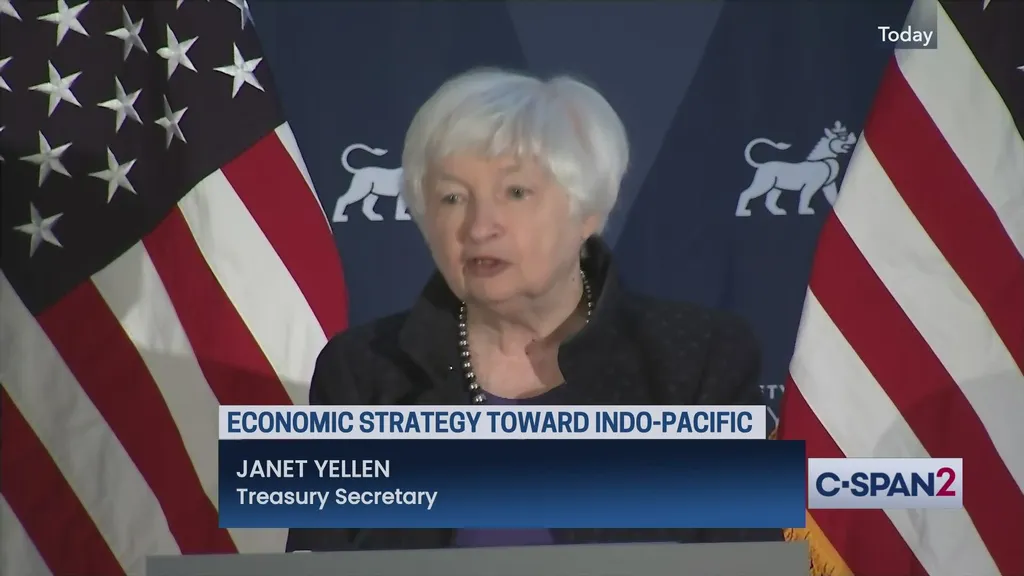 The Treasury Department in particular has played a key role in developing and implementing the Biden administration’s economic agenda in this vital region. She and her colleagues have clearly heard the voices in the region that have pressed the U.S. to augment our security presence with a robust economic agenda.
The Treasury Department in particular has played a key role in developing and implementing the Biden administration’s economic agenda in this vital region. She and her colleagues have clearly heard the voices in the region that have pressed the U.S. to augment our security presence with a robust economic agenda.
Under her leadership and in close collaboration with other agencies, we have witnessed stepped up engagement on the economic front through bilateral initiatives, with allies and partners, through existing international and regional organizations like the G20 and APEC, as well as through new groupings like the Quad and IPEF.
The Secretary’s recent visit to China has helped stabilize our bilateral relationship and has re-opened important channels of communication.
But importantly, China has not been her sole focus. Her recent travels have taken her all over the region, including India, where I think she’s made four trips in the past year, Vietnam, Indonesia, Japan and Korea. These visits have underscored the administration’s commitment to promoting an affirmative economic agenda in the region, and not just one that is viewed through the prism of China.
This month’s going to be a very busy month for U.S.-Indo Pacific economic engagement with President Biden hosting APEC, with expected announcements to be announced under IPEF, and through a possible Biden and Xi summit that looks more likely every day.
But our regional economic engagement must not stop there. It will be important to build on these initiatives, and by doing so, we will leave no doubt in the minds of our regional allies and partners that the U.S. will continue to be an important and reliable financial trade, investment and supply chain partner, as we promote an economic security agenda that takes their concerns and interests into account.
Enough from me. I am delighted to turn the podium over to Secretary Yellen. Please join me in giving her a warm welcome.
Wendy Cutler’s Post-Speech Analysis
The Asia Society Policy Institute was honored to host U.S. Treasury Secretary Janet Yellen for a major speech today describing the Biden administration’s economic objectives, engagements, and initiatives in the Indo-Pacific region.
While a number of Cabinet officials have discussed U.S.-China relations, today’s speech refreshingly and crucially broadened the focus to the entire Indo-Pacific region. Her remarks explained how U.S. interests in the broader region are served by cultivating and building an affirmative economic agenda with countries, such as India and Vietnam, and by reinforcing economic ties with stalwart allies, such as Japan and South Korea.
I was pleased that the speech highlighted the mutual benefits of increasing trade and investment between the United States and its Indo-Pacific partners.
Secretary Yellen pointed to the rapid growth in trade and investment flows between the United States and the Indo-Pacific, which is a promising but not entirely unexpected development in light of the dynamism in the region. She did not signal, however, an interest pursuing market opening agreements, which is unfortunate given that these deals are being concluded between others without us.
Secretary Yellen provided several promising examples of how the administration is engaging in the region through bilateral initiatives with Vietnam and India, for example, and multilaterally through the G20, APEC, IPEF, the QUAD, and other channels.
If there was anything left unaddressed that the audience was eager to hear, it was probably the scarcity of details on next steps both during the APEC Leaders week, but also beyond then. In light of the upcoming APEC Summit in San Francisco this month, I had hoped to hear a general preview of the anticipated “deliverables” to be announced there, both with respect to APEC and IPEF. But, I’m sure we will be hearing more on this in the weeks ahead.
Finally, while the Secretary highlighted US-Vietnam economic ties, it would have been welcome to learn more about our ongoing and new intiaitives with other countries in Southeast Asia, an extremely innovative and fast growing sub-region of the broader Indo-Pacific.
On her assessment of Yellen’s speech:
Given my background, I couldn’t help but applaud the emphasis she put on bolstering trade and investment in the region and her making the case for why trade is important. You don’t hear that a lot in Washington these days, and I thought she was pretty forthcoming. She also very skillfully focused on the issues of tomorrow, including climate and supply chains. She’s a trooper — when you look at her travels over the past year or so, she’s probably been to Asia more than I have.
On Yellen’s engagement with the Chinese in setting up new consultation groups:
Those groups met for the first time this past week. My understanding was it was virtual and more of a discussion. I think these discussions on these Treasury-led issues are increasingly important, particularly given what’s going on in the global economy. But I would give this time, because maybe we will see modest deliverables coming out of not only these working groups but also out of the working groups that the Commerce Department is leading as well.
On how the message of Yellen’s speech might impact the state of US-China relations:
I think we are seeing a stabilization of the relationship. Remember, after her visit, we saw Secretary Raimondo and other high-level and working-level engagements, and obviously, we’re all anticipating the summit meeting between President Biden and Xi. So I think we’re in a different phase of US-China relations.
But our relations with China are strained. It took a while for them to get to this low and you’re not going to turn them around overnight. So in my view, we should have low expectations and really look to modest steps which over time could help build trust and maybe deliver some outcomes that are mutually beneficial.
On the potential Biden-Xi summit:
We should not have high expectations of major announcements coming out of this meeting. I don’t think there’ll be any breakthroughs. But as Secretary Yellen said, I think this continued engagement at all levels is extremely important. Even if we don’t see eye to eye on many issues, sitting down and talking is important not only to deepen our understanding of each other’s positions, but also hopefully to avert any mishaps that can happen and lead to an escalation in tensions between our two countries.
On IPEF negotiations:
My understanding is that there will be announcements made on specific outcomes and specific pillars in IPEF, and it’s quite possible that the pillars led by the Commerce Department will announce substantial conclusion. They’ve already concluded the supply chain pillar. The two other pillars might also be substantially concluded.
The trade pillar is facing some challenges. I’m not surprised by that. Trade negotiations take a long time, even when you’re offering market access. When you’re not offering market access, the onus is more on the demander – in this case, the United States — to show these other countries that there are benefits. But I do expect that coming out of the trade pillar, we’ll see certain chapters of the trade pillar substantially concluded, such as good regulatory practices or trade facilitation or inclusivity.
As I see it, there are currently three sticking points in the trade pillar: labor, environment and digital. On labor and the environment, my understanding is the U.S. is making robust requests to other countries and many are just not prepared at this juncture to agree. They just they need more time. With respect to digital, we may see some aspects of digital announced – for example, the aspects dealing with what I would call the trade facilitation aspects of digital, like promoting e-invoices, e-signatures, things like that. These are important frankly, and they’re important for businesses in the region, so I wouldn’t discount them. Obviously, there’s a lot of concern in our business community about the US position on data flows, source codes and localization. The administration needs more time to work those issues out.
On what up-and-coming topics she feels will emerge in the U.S. economic policy as pertaining to China:
I don’t discount that we may announce new restrictions through our export control policy or through our entity list in the coming months. There are some rumors of additional things that are being worked on. But from my perspective, I think the issue of excess capacity that particularly now we’re seeing in electric vehicles is an issue that the US, Europe, Japan, Korea and other countries are going to need to deal with, because the Chinese companies that are highly subsidized are changing the international landscape.
China is going to be the largest exporter of vehicles this year. This has happened very quickly. Companies are subsidized. Europe’s looking at restrictions through its countervailing duty law. In the US, we already have high tariffs and we also have restrictions under the IRA.
I was just in Japan and had some discussions on where Japan is headed in this area, and I’ve had similar discussions with Korea, so I think this is an area that we may be hearing a lot more about. I spent a lot of my career negotiating auto market access with respect to Japan and Korea, and even with our allies, those issues were so sensitive and so difficult to negotiate. So I think with respect to China, this is going to be an issue of growing concern.

